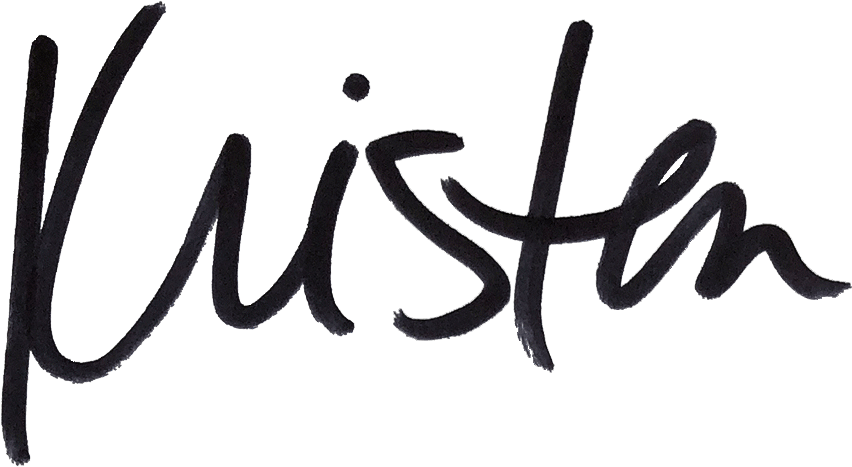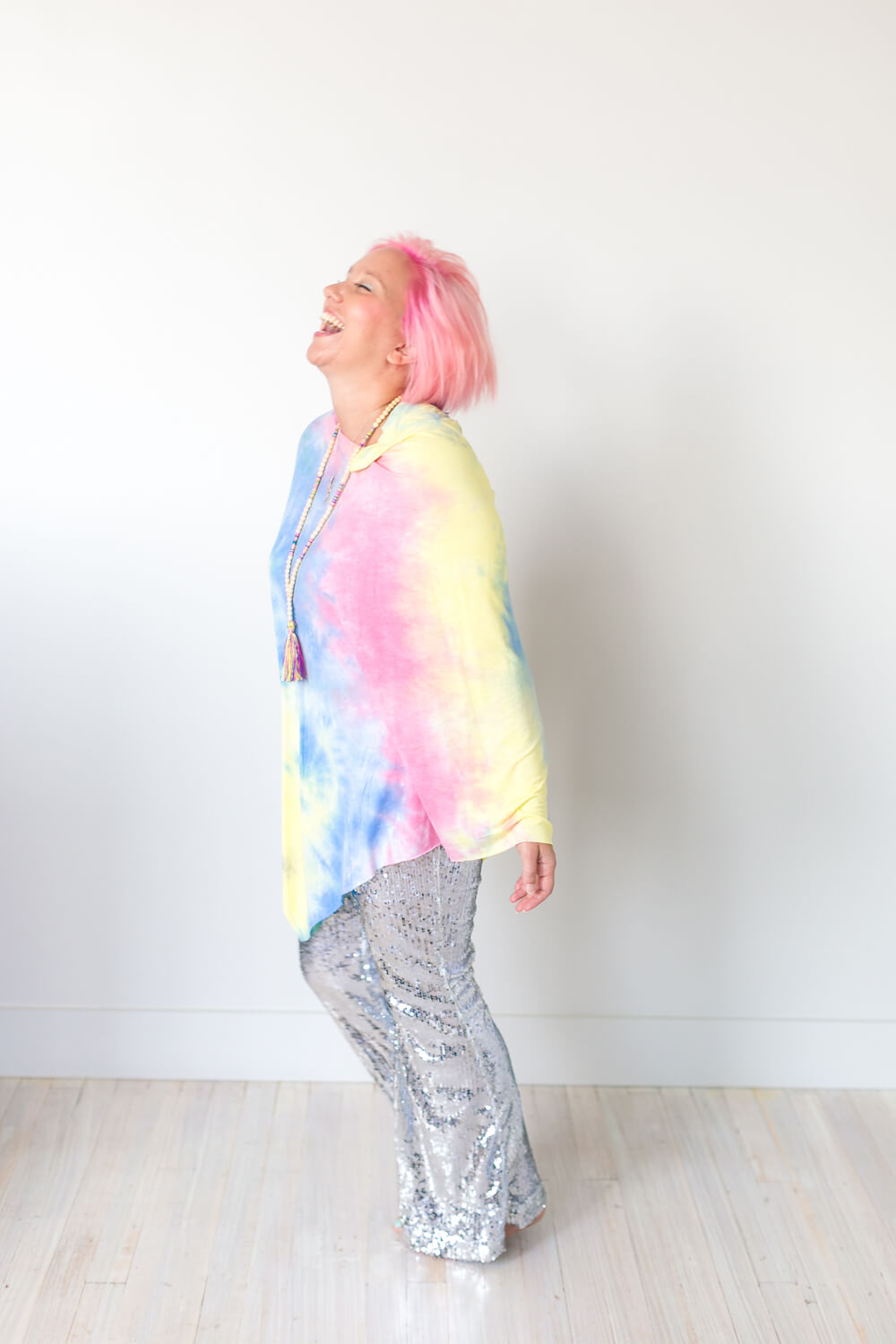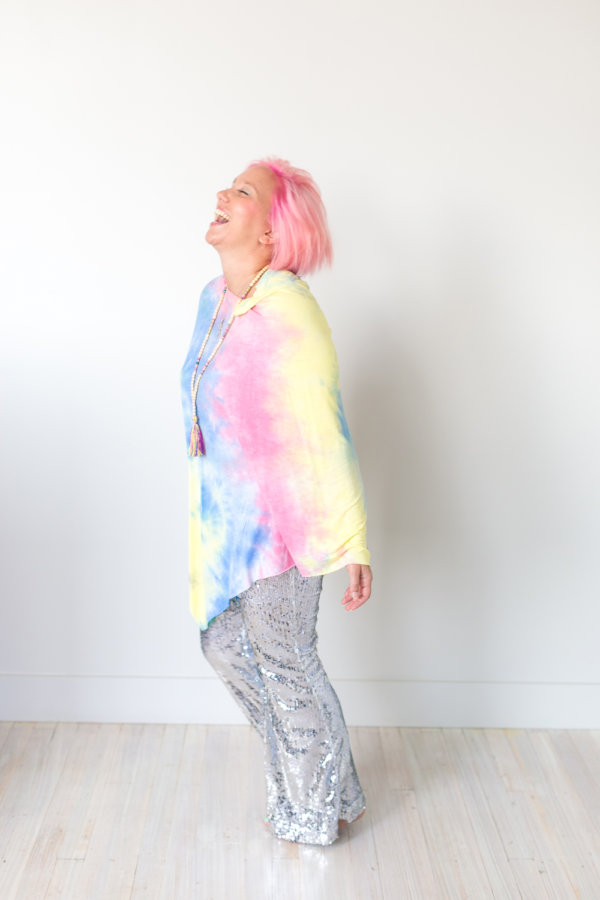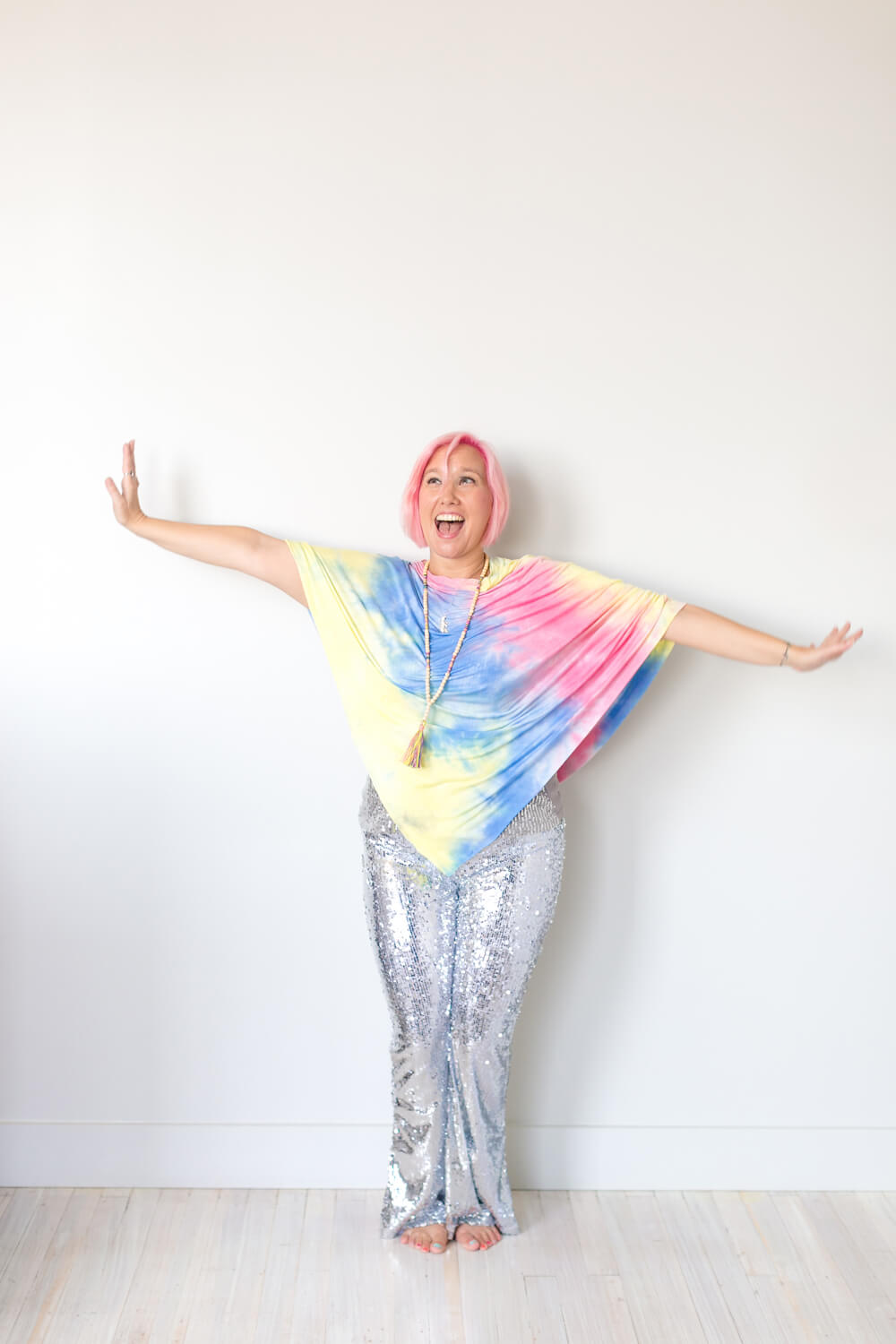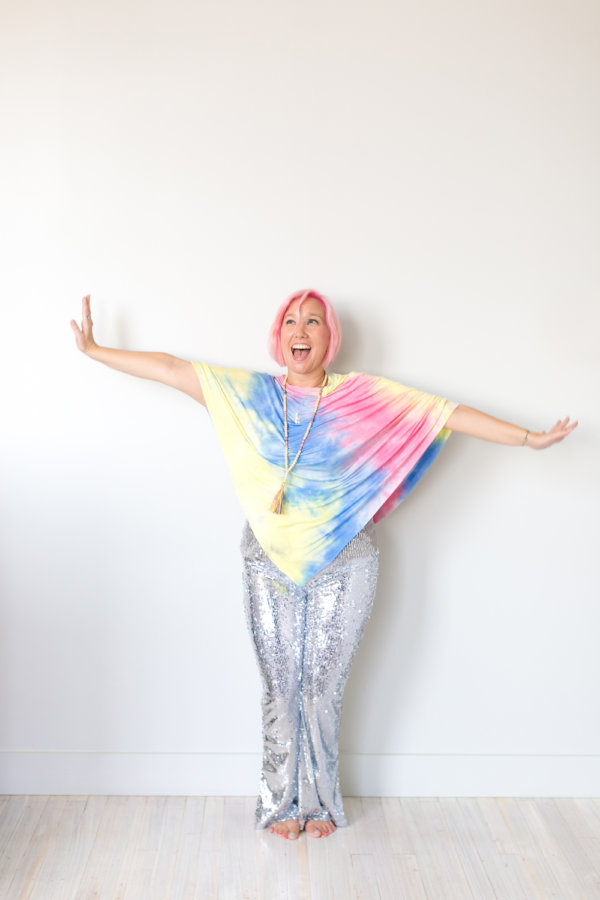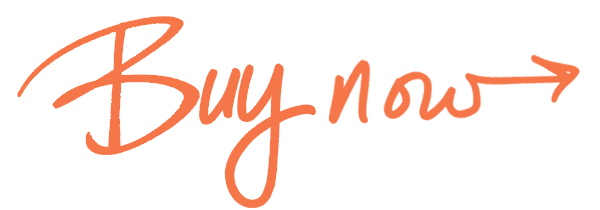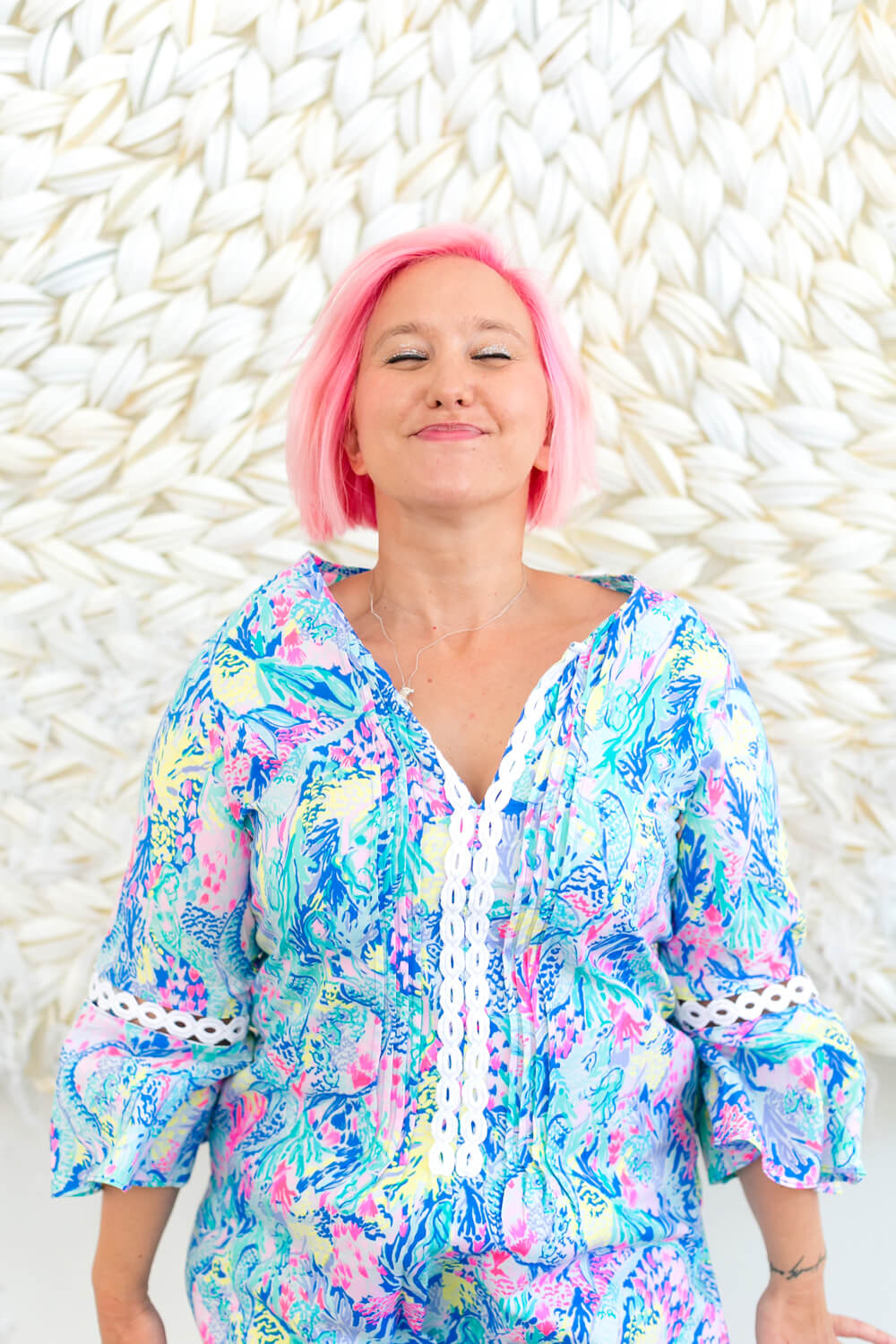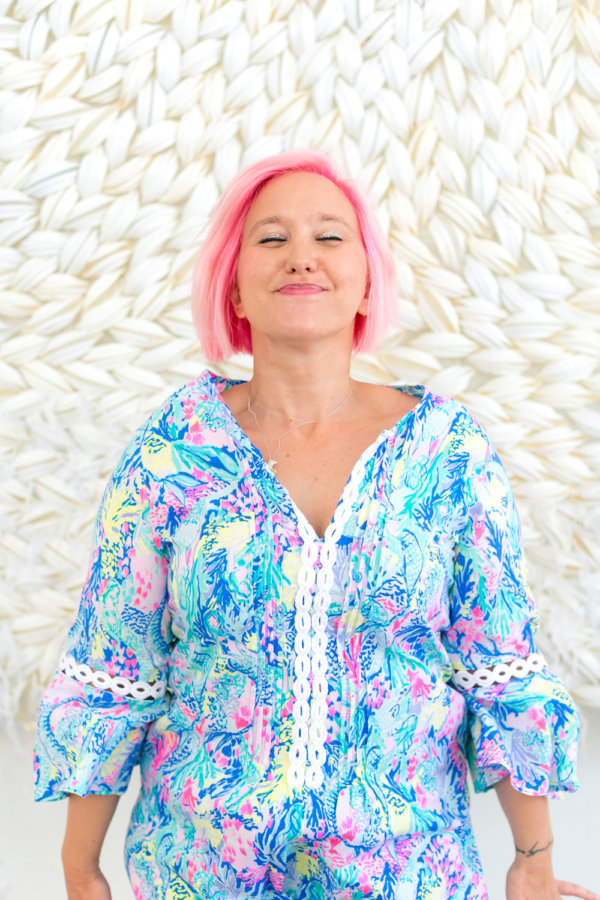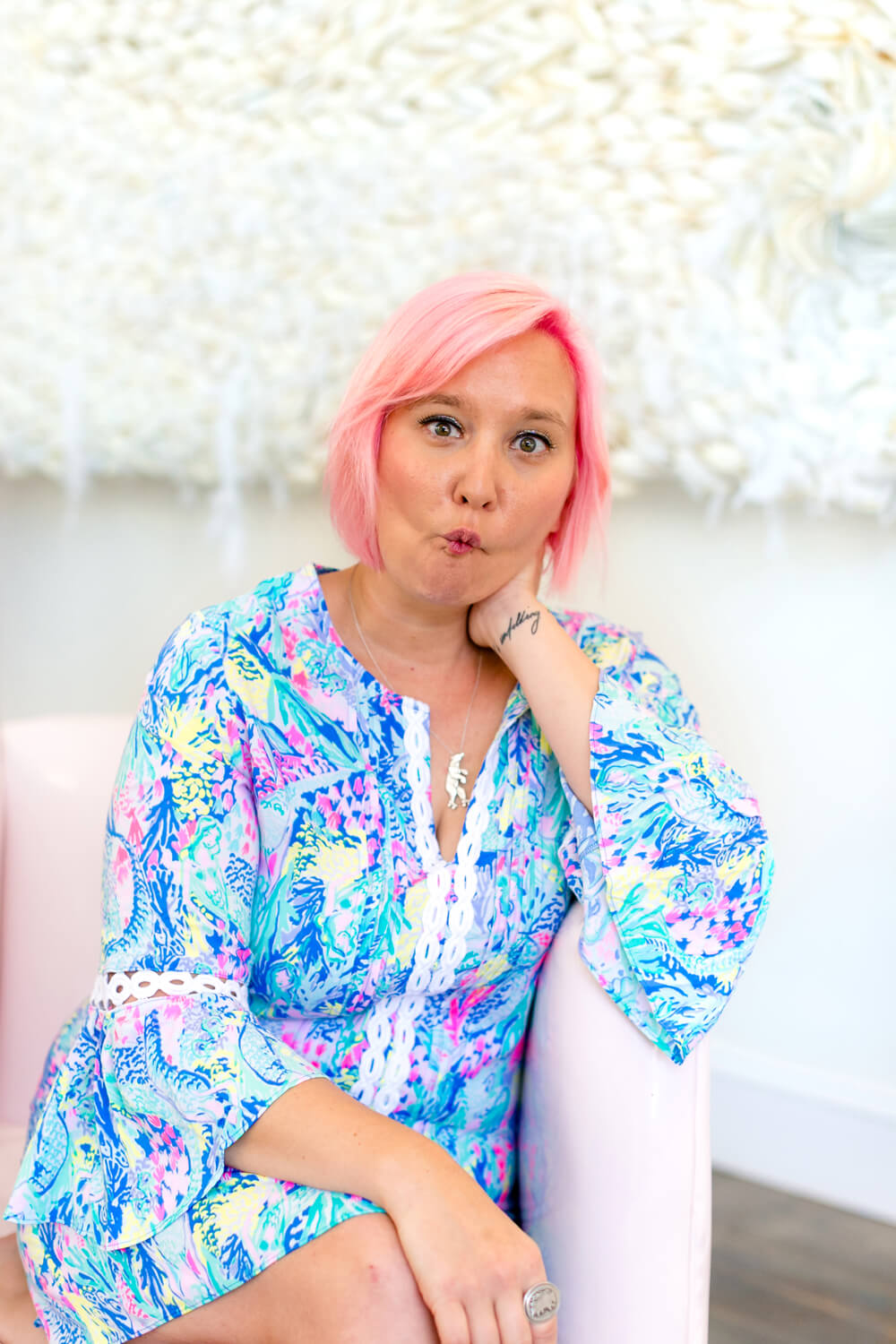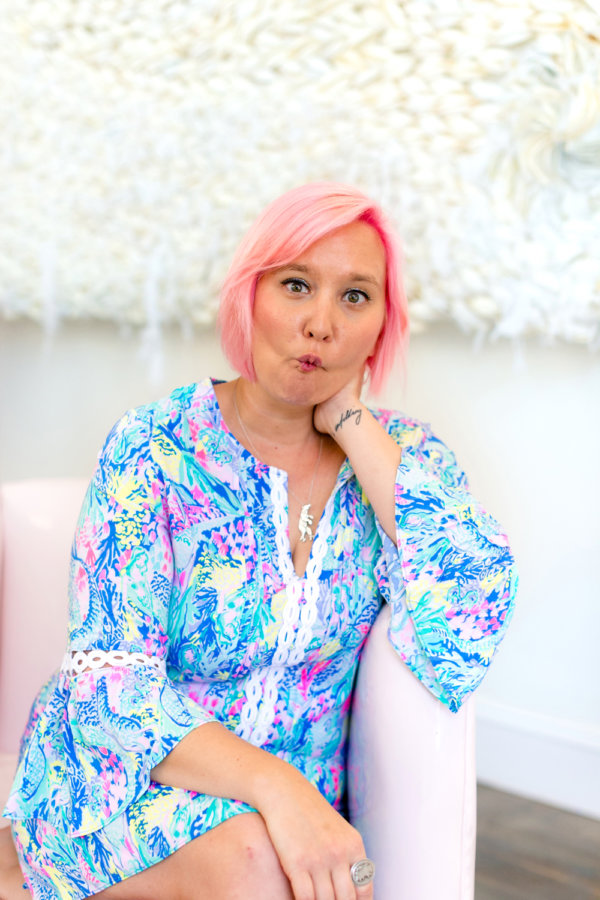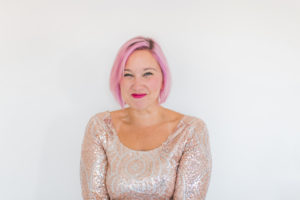Before we dive into this episode of the podcast, please click here to find your enough number. That way, you’ll have precise and accurate estimates to work with as we create a strategy for the coming months in your business.
This podcast episode comes as a result of looooots of coaching clients (spots open in January, get on the dibs list!) wanting to abandon projects and services they’ve worked on for years to start something entirely new, then pushing on that new thing to start making income immediately. Like, it launched on Tuesday, and by Wednesday we need to be making $4,000 a month, every month until the end of time.
What if we could actively arrange for you to earn two types of income in your business?
And before you ask, NOPE, they’re not active and passive income. These are much bigger, broader, and more interesting categories than those served up by cis-white-male marketing gurus.
There are two types of dollars you can earn in your business at any given time: steady and experimental.
Steady, as in, a product or service is selling well, and it’s been selling well for a while.
Experimental, as in, it feels risky to make the work, and/or you’re in some kind of new territory.
If you’re completely new to business, it’s all an experiment, but this might help you reframe some of your ambition in interesting ways, so keep going!
Let’s walk through my numbers, with my steady and experimental breakdowns from years past, so you can see what I’m talking about in practical terms.
In 2013, the biz income was 31% steady and 69% experimental.
The steadiness came from ghostwriting, previously launched programs, and a few coaching calls.
The experimenting came from creating a summer camp for adults and then selling the shit out of it.
That experimental nature paid off, so the pendulum swung to experimental in 2014.
High on just how much amazing and wonderful shit had panned out by experimenting, I went even more experiment crazy. 83% of the year’s income came from launching and holding Brand Camp, writing Introverts at Work, and hosting a few coaching sleepovers.
The remaining 17% of income came from steady, previously released or available sources: coaching, books, workshops, and ghostwriting.
And then the pendulum swung the other way.
In 2015, I swung wildly toward steady income, as Brand Camp the camp was like dropping a financial devastation bomb on my business.
65% of income came from coaching, previously-released programs and books, and ghostwriting.
Experiments made up only 35% of the year’s income, in which I repackaged the (admittedly brilliant) Brand Camp classes as the Business Blitz, launched a program, offered a 1-on-1 year-long coaching package, and founded three new workshops.
Less risk, more month-to-month work. Less launching, lower costs, more 1-on-1 clients.
And on and on it goes.
In 2016, I paid off the $43k in debt I’d accrued the year before, and in 2017 I released a bunch of new and exciting stuff: a different coaching package, lots of breathwork classes, and one-off courses to help peeps communicate and break up with their phones.
I’m always playing with the balance of how much work is entirely risky and how much is completely stable.
The trick of earning income through your business without being utterly bored or utterly broke lies in balancing your steady and your experimental income sources.
Further, steady work funds experimental work.
I’ve come to learn about valuing steady work the excruciatingly difficult way: by devaluing it and then scrambling to make ends meet at the last minute.
I always want to throw out what I’ve done and start over. I want everything I do to be an experiment. And yet.
The way to build a sustainable business is to innovate on some fronts while remaining stable on others.
2020 is about taking on a few more yearlong clients while playing with breathwork programs like The Softness Sessions, podcasting regularly, and keeping an ear to the ground for what’s next.
AND YOU, FRIEND! HOW DO YOU WANT THE NEXT FEW MONTHS TO PLAY OUT?
STEADY QUESTIONS:
Which income is steady in your business?
Which products or services consistently bring you income, month after month and year after year?
Which income-generating elements of your business do you want to keep?
Exactly how many clients do you need?
How many products do you need to sell, as your steady baseline?
The more you feel your health or your personal life is wobbly, unsteady, or overwhelming, the more likely it is that your business should be focused on steady income.
Steadiness requires time, energy, and consistency. Releasing a weekly podcast, showing your work on social media, sending regular e-mails and updates, responding to client inquiries in a timely manner, talking about what you’ve got for sale, and following up with inquiries: these are consistent practices that bear fruit over time.
If your work is consistent but sharing your work is not, that tweak alone might fix the income weirdnesses that ail you.
Once more, in case you missed it because you were skimming: if your work is consistent but sharing your work is not, that tweak alone might fix the income weirdnesses that ail you.
With steady work squared away, we move on to trying new things in experimental phases.
EXPERIMENT QUESTIONS:
What are you dying to try out in small doses?
Do you want to hold an event, start a class, write a book, release a project, try out a new product line, or offer an all new service? You can choose anything, but you’ve gotta choose one. Just one.
Do you want to collaborate with someone else? Do you want to try something entirely new and completely unlike what you’ve been doing all along?
What does the experimental thing look like, and what would be a first step toward making it happen?
If you’re like, ‘I can’t possibly talk about that while I also sell THOSE,’ think again.
I sell business coaching and also host regular gatherings for breathwork, both in person and on the internet. You can say those things are entirely unrelated, or you can say that when people opt in to hearing more from Kristen at Kristenkalp.com, it all fits. It’s all welcome.
Unless I start selling buckets of canned food and potable water for the apocalypse while spouting Biblical verses about the end times, because WOW I’ve been presenting myself as the opposite of that for a decade, I’ve got free rein to experiment with whatever has captured my fascination, has helped me, or has borne fruit in my life.
You get the same freedom, too.
You can absolutely be a photographer and a painter. A writer and a maker. A health coach and a reiki master. A coach and an author. A floral designer and a teacher. (Of course these are real examples of past coaching clients, by the way…)
You deserve the right to experiment. Period.
Further. Instead of deciding you have to give up X entirely in order to start Y, you can do both.
You can design t-shirts and see how they sell while you continue to be a doula, or plan larger and larger events while you keep on podcasting and mentoring colleagues in the wedding industry.
LIFE IS AN ‘AND.’
When we treat it as a series of ‘or’s, we limit our potential and clip our own wings. Whatever it is you want to do, yes you can do that AND you can keep on being a person with that degree or those experiences. ‘Or’ people end up switching focus a bunch of times, while ‘and’ people make room for ebb and flow. Some products come in, some go out. Some services last a long time, and others are offered only once.
You don’t have to do that mental and energetic thing whereby committing to a single project suddenly means committing to doing that same thing for the rest of your life.
Clipping your own wings is fucking tragic, so let’s not do that, okay? Let’s make some stuff, sell some stuff, and then repeat the process all over again.
And let’s not make any of this a BIG HUGE DEAL HOLY SHIT WOW while we’re at it! Amping up the energetic value of a new product or service is a sneaky asshole brain move to keep us stuck in fear and overwhelm.
STEADY AND EXPERIMENTAL QUESTIONS:
How much steady work do I need to sell each month to reach my enough number?
EXACTLY what sort of experiment do I want to make in the next six months?
And how much money will that make me, in a perfect world?
In a realistic world?
In a horrible world?
What you want to make as an experiment is entirely separate from how much money you want to make.
In fact, for our purposes, it’s safe to assume your experiments will cover costs and make very little money. That way, you’re as free as possible to make an amazing thing, and then to iterate on that thing with profitability in mind.
Assuming minimal profitability instead of a sold-out spectacular keeps you from blowing $20,000 on an experiment your first time out of the gate.
If you assume you’ll be making only your minimal costs back, what shape does the experiment take on?
It will generally get smaller and more doable when you limit the budget to something entirely reasonable. This is not downsizing your dream, but testing the viability of your dream before you swipe every credit card you’ve got to rent an arena. And a 7-piece orchestra. And a team of trained dogs. And a donut wall.
How can you build sources of revenue elsewhere in order to fund that project?
How can you use stable income sources to build experiments for yourself, and vice versa?
Can your experiment be added as a bonus gift or limited edition offering for something you already sell regularly?
PUT IT ALL TOGETHER AND TIE IT IN A BOW:
For the next six months, I’ll sell #___(quantity) of ________________ each month to reach my enough number.
I’ll also offer ____________ as an experiment.
#___ (quantity) are available, and will be released on this date: ___/___/___.
Again, this is a super-chill, low-key, NBD way to do business. You’ve just banked on your steady income while opening yourself up to an experiment, too — thereby assuring that you won’t die of boredom in the coming months!
If you dig this podcast episode and it helped you out, please leave a token of gratitude.
Tipping means I don’t fall into the despair of working for free, and it means you’ve actually enjoyed the material, too! We both win!
P.S. Here are six potentially devastating side effects of bringing your business dream to life — and why you should do it anyway.
